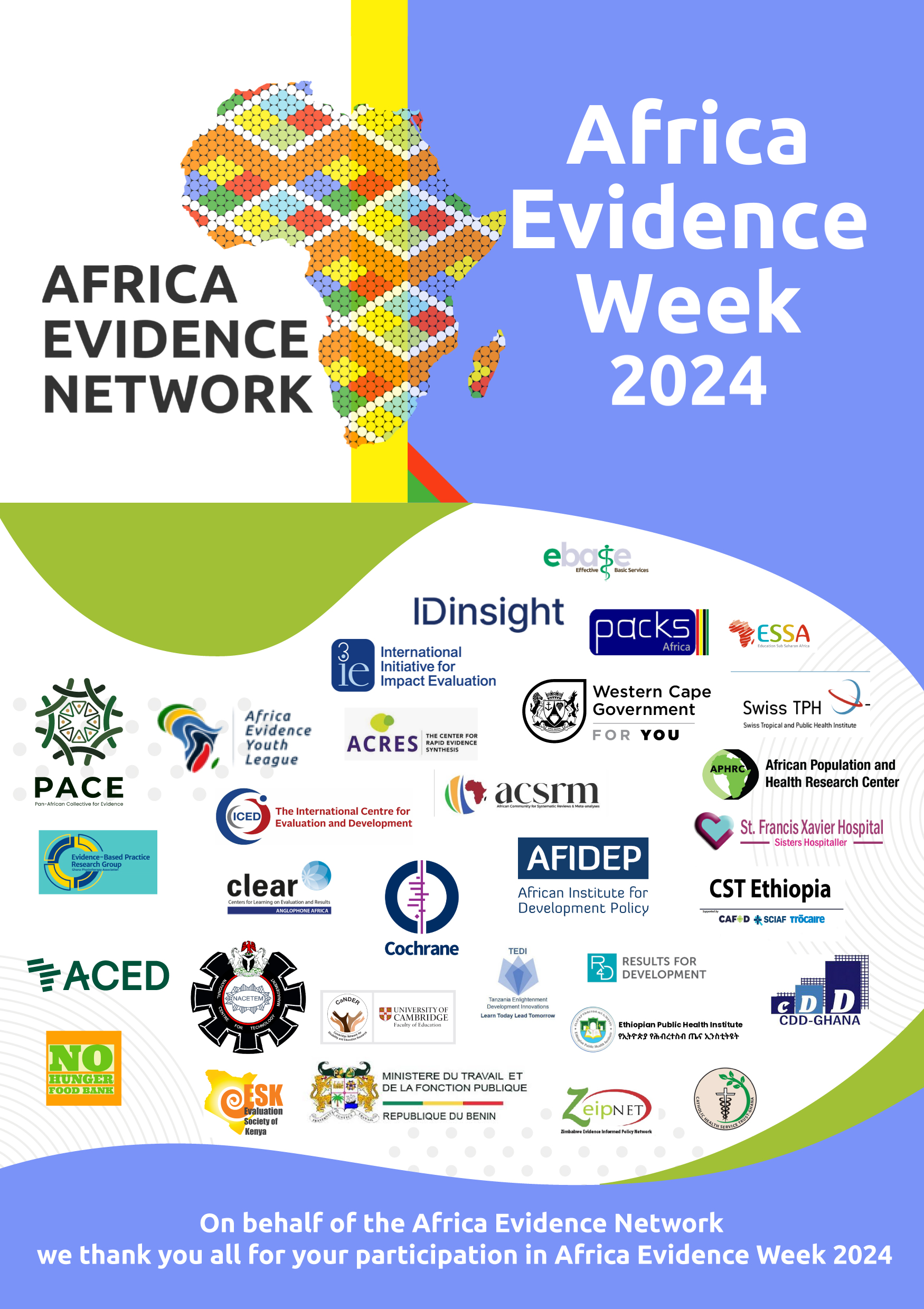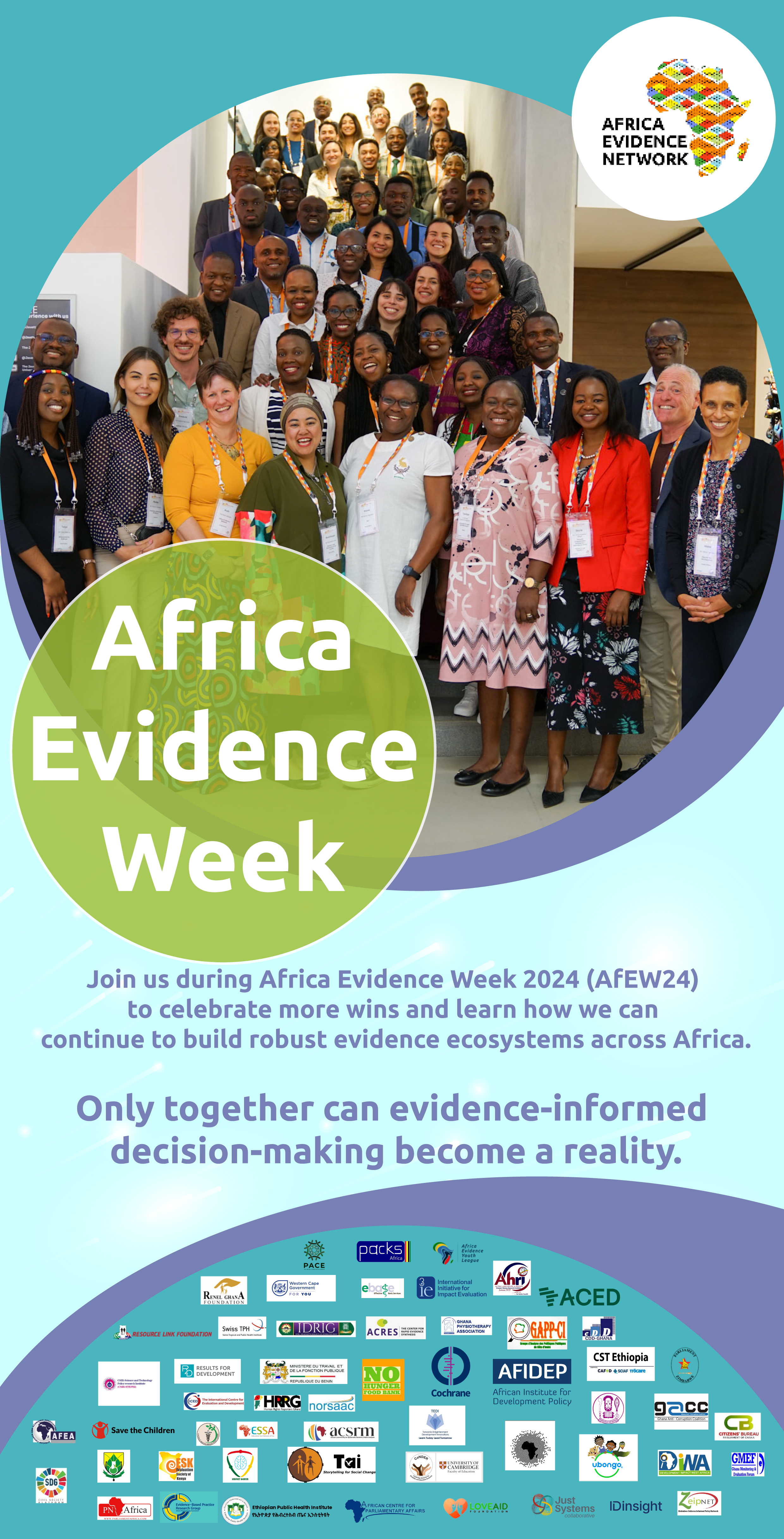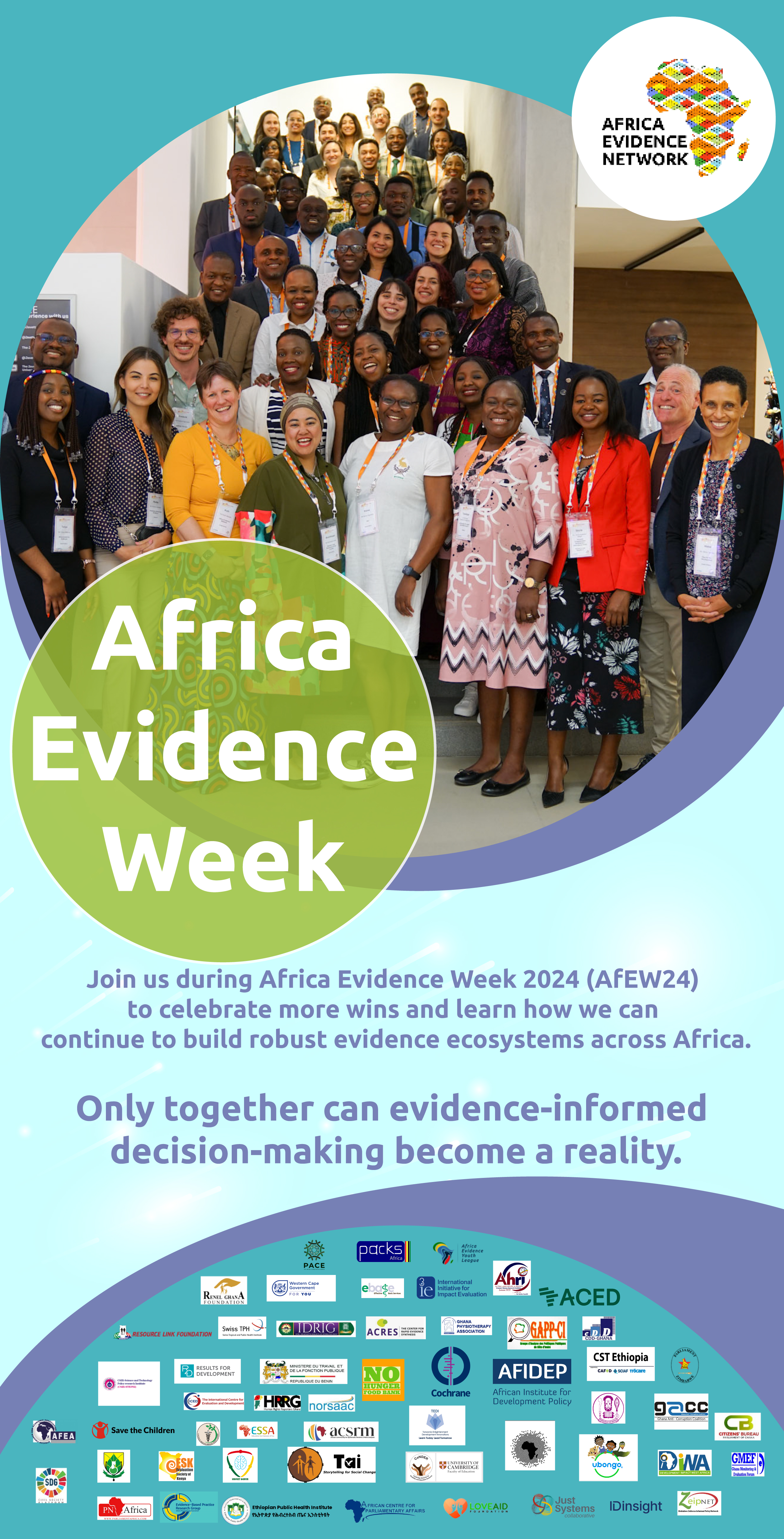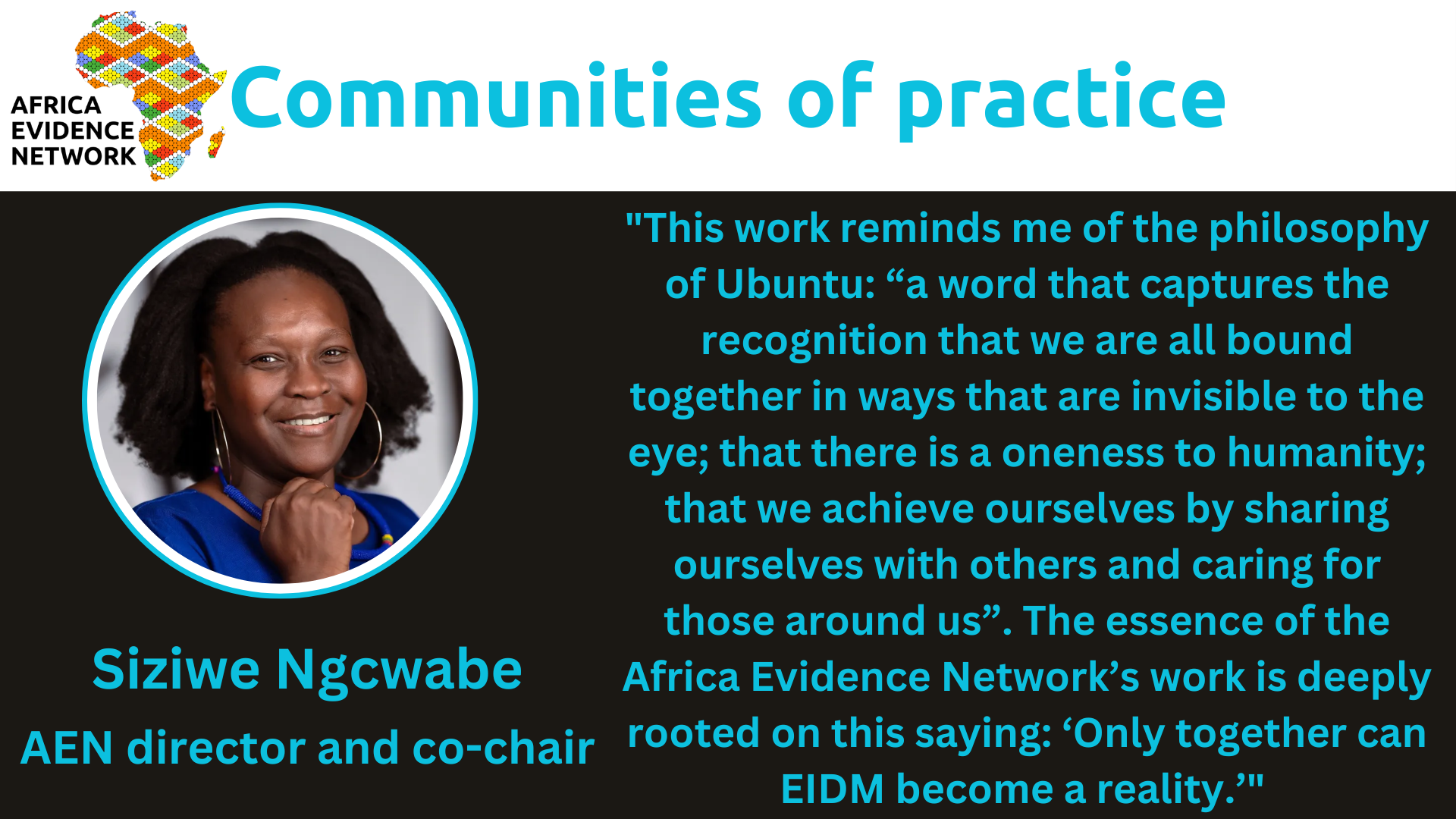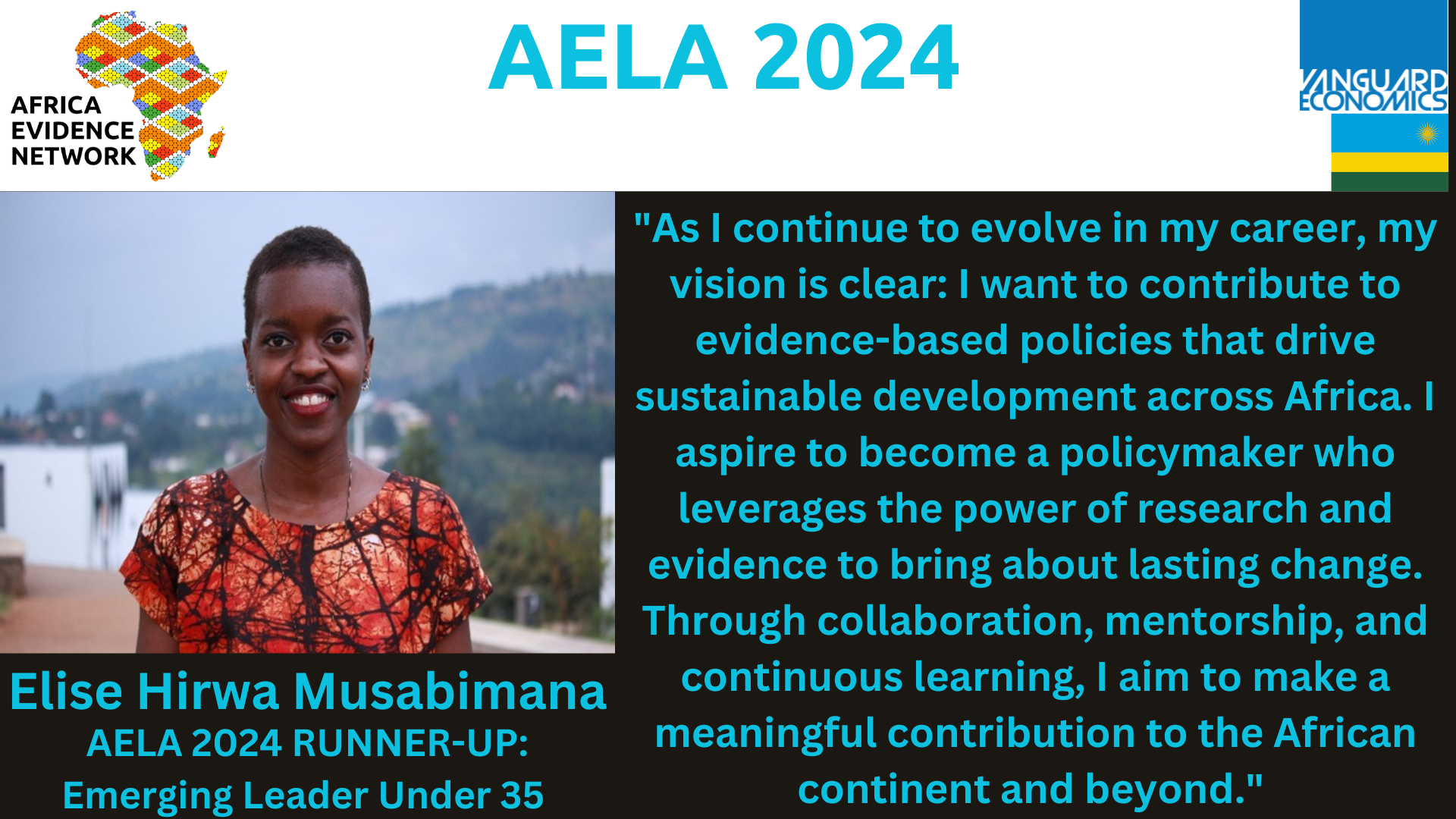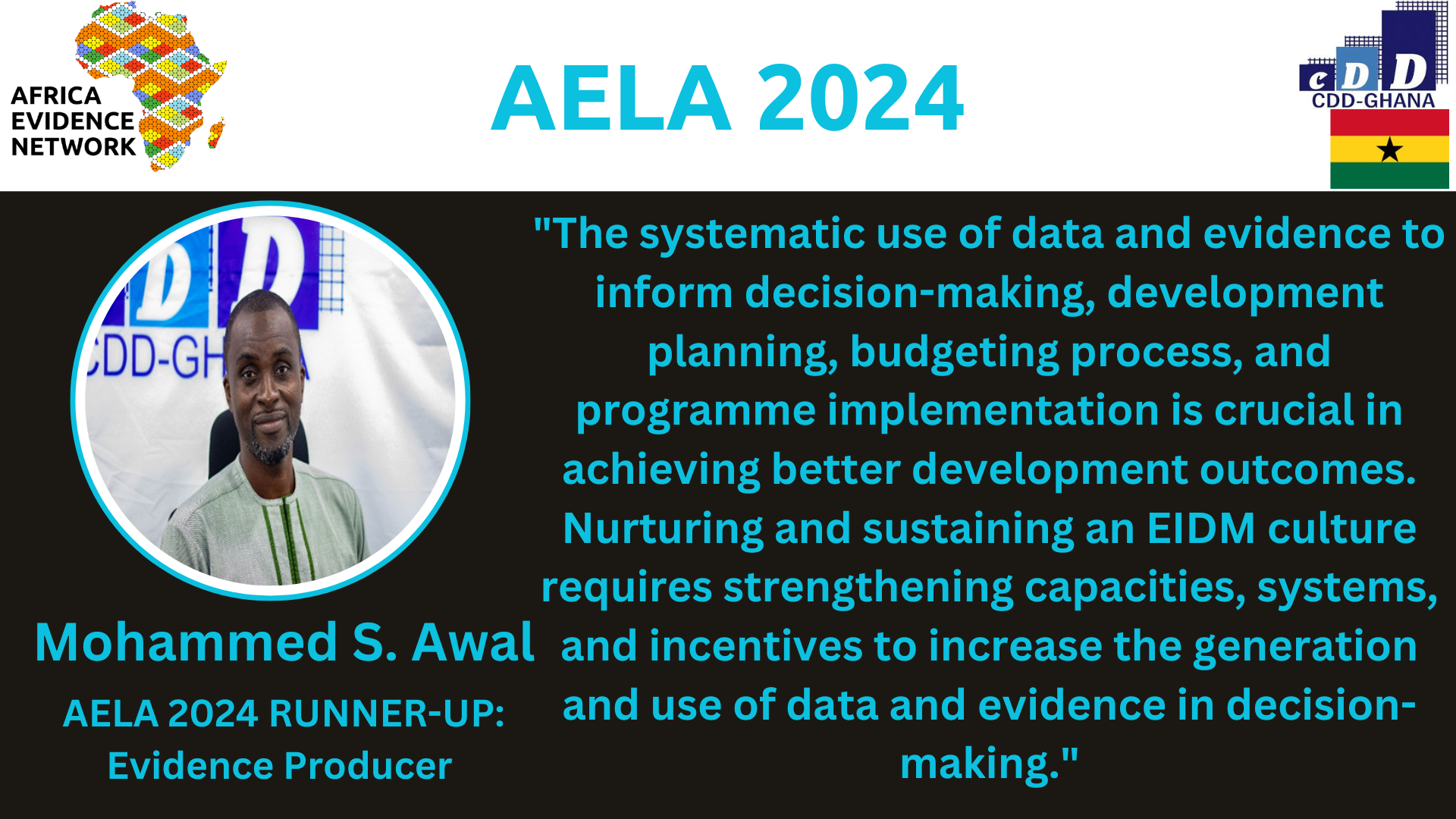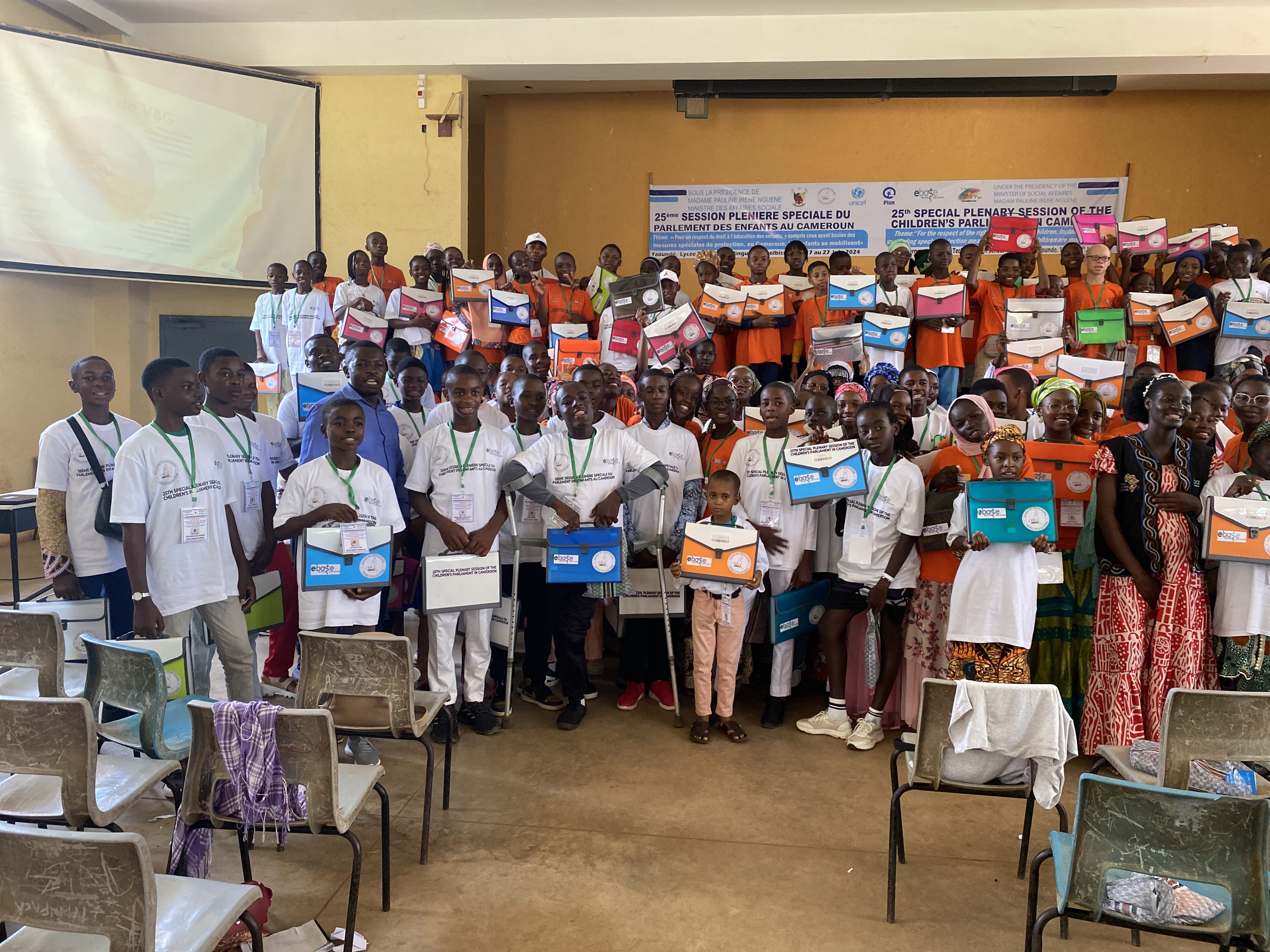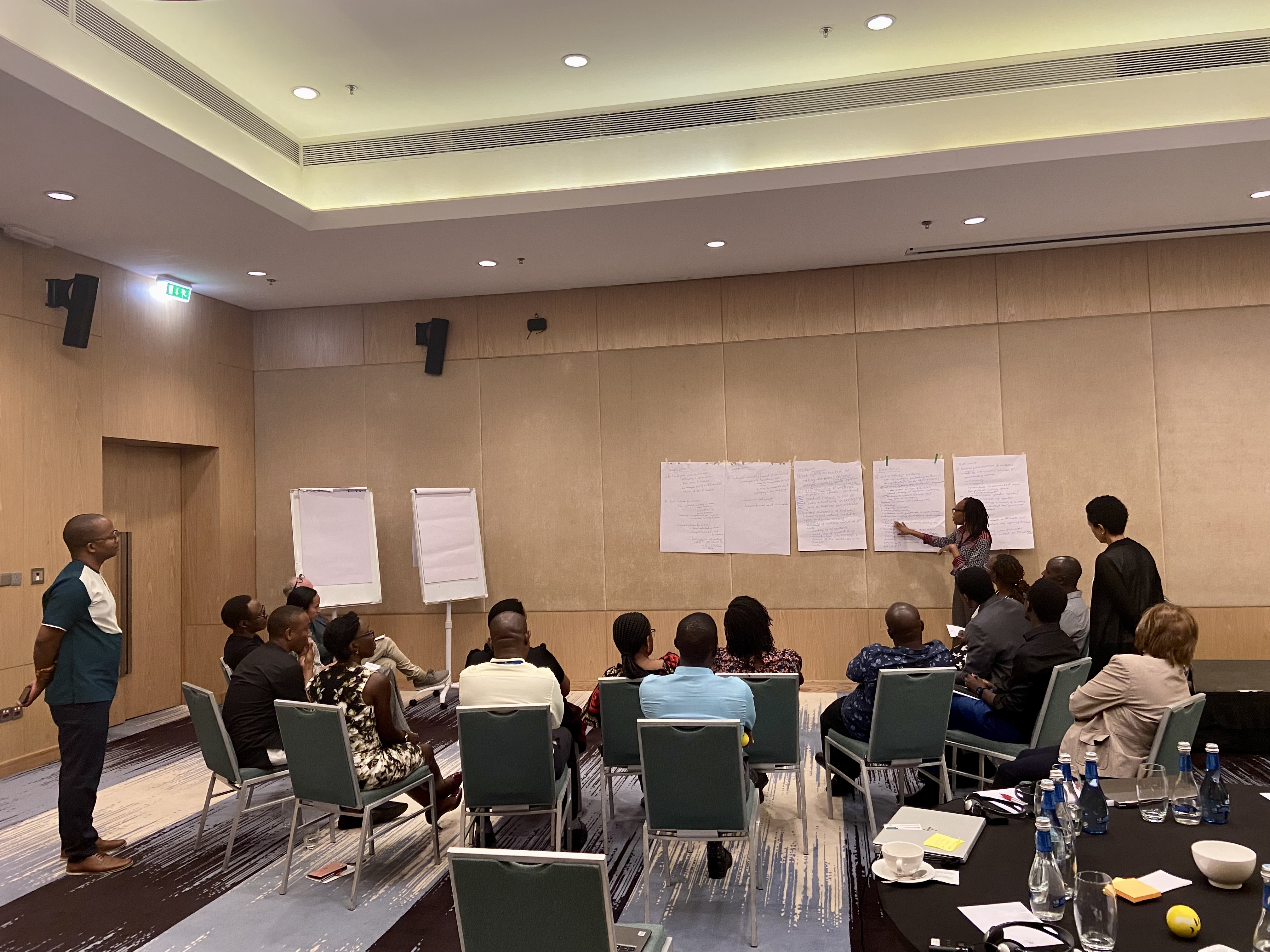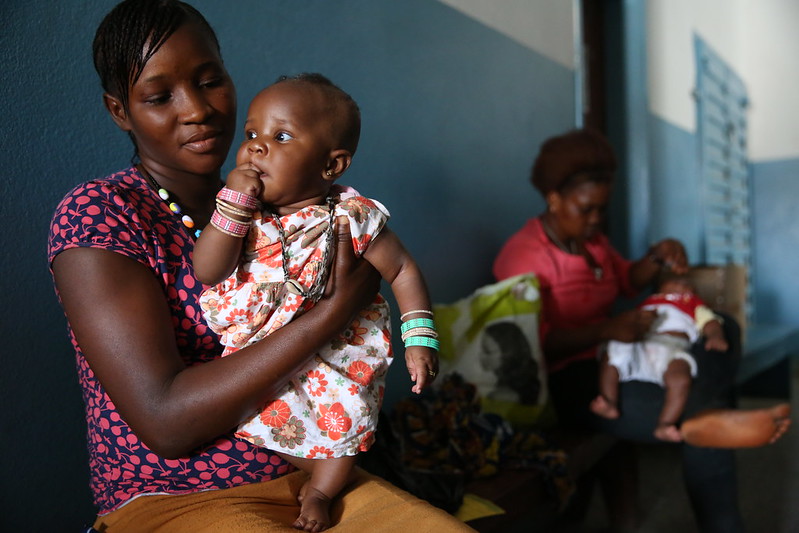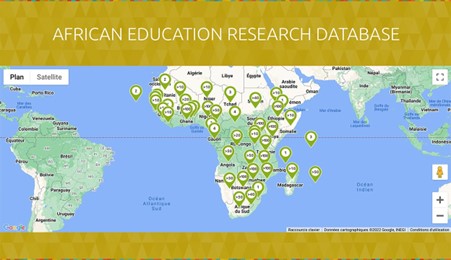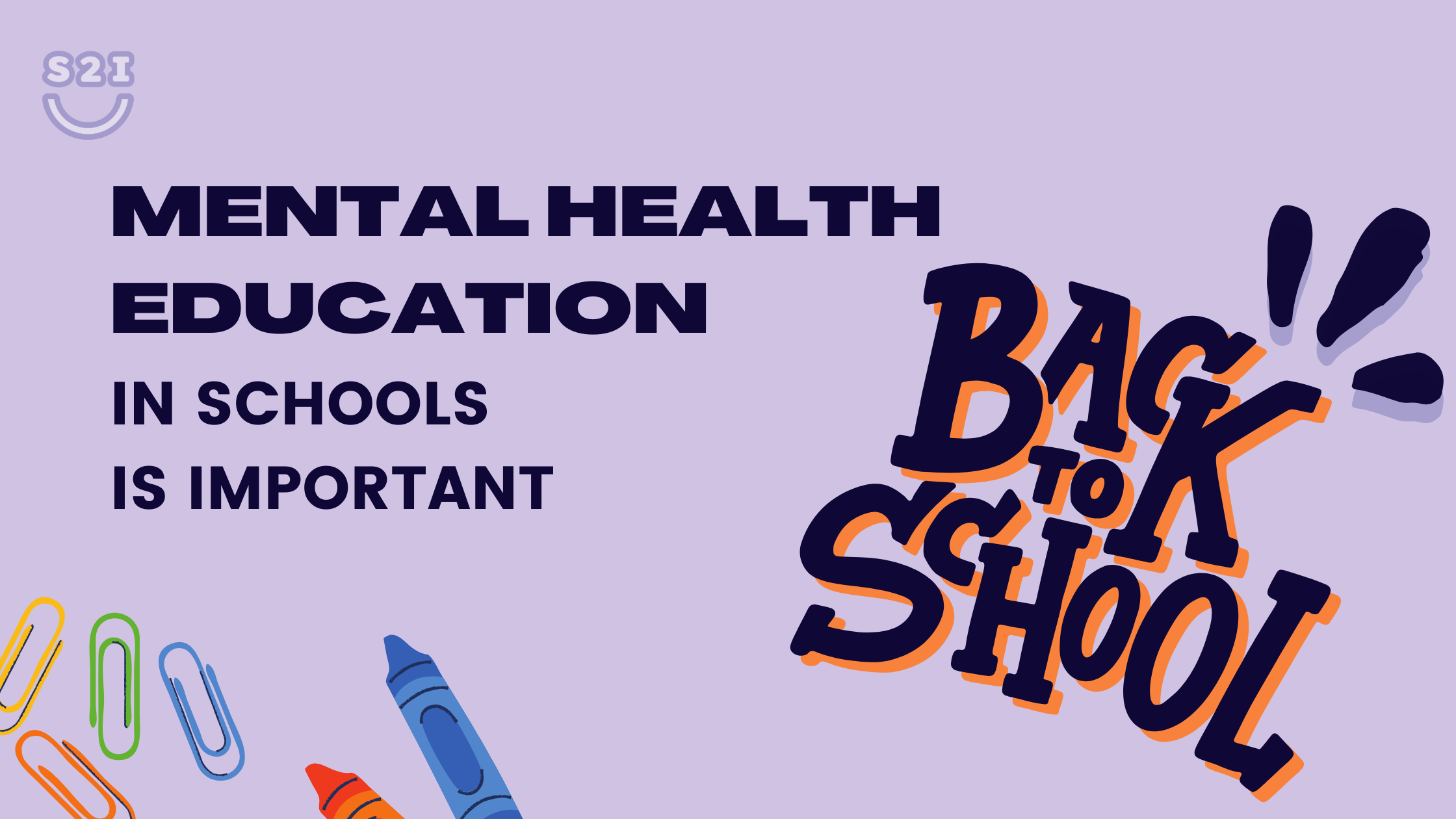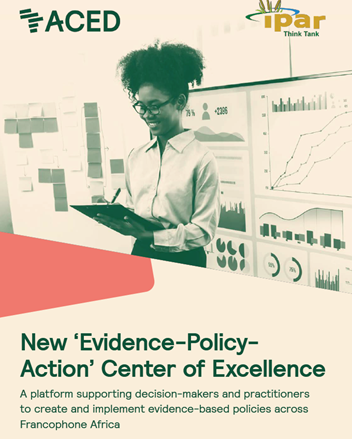
EIP need more and more attention for achieving Sustainable development
Africa stands at a decisive crossroads, facing complex and multidimensional challenges that demand informed solutions to be operationalized efficiently. In this context, the use of evidence to guide interventions is no longer optional but a necessity to ensure sustainable, equitable, and inclusive development and better resource utilization. Indeed, policies, strategies, programs, and projects that are poorly informed by data lead to inefficient resource use, justified by technical or operational choices that have low impact or are not relevant.
To address this need, the Evidence-Policy-Action (EPA) Center of Excellence was established. This joint initiative by the African Center for Equitable Development (ACED) and the Agricultural and Rural Prospective Initiative (IPAR) is a unique framework aimed at bridging the gap between research, policies, and action in Francophone Africa.
A practical vision to impulses Evidence Informed Policymaking in Francophone Africa
The vision of the EPA Center of Excellence is ambitious: a Francophone Africa with accelerated, strong, and sustainable development, guided by the values of equity, gender, justice, and inclusion. Its thematic priorities include food systems, human capital development, reproductive health, social cohesion, environment and climate change, ecological transition, digital transformation, and the complex of gender – equity – diversity – inclusion.
Several objectives are defined to operationalize this vision: In practical terms, the EPA Center of Excellence aims to:
- Enhance the capacity of individuals and institutions engaged in the evidence and policy ecosystem in Francophone Africa.
- Support the mobilization, utilization, and institutionalization of evidence to systematically guide the development, implementation, monitoring, evaluation, and scaling-up of interventions in Francophone Africa.
- Facilitate collaborative learning and knowledge-sharing on evidence-based policy-making in Francophone Africa.
- Promote the integration of considerations related to gender, equity, diversity, and inclusion into the design, implementation, monitoring, evaluation, and scaling-up of interventions in Francophone Africa.
Furthermore, to achieve these objectives, the EPA Center of Excellence positions itself as a think tank and project incubator, a competency center responding to the needs of decision-makers and practitioners, an intermediary strengthening the links between researchers, policymakers, and practitioners, and a platform for sharing and co-learning. His actions will be implemented through four (4) programs.
A Tailored and Adaptative initiative
Program 1 : Capacity-building program for individuals and institutions active in the evidence and policy ecosystem in Francophone Africa. This includes a series of activities aimed at developing and deploying training courses – focused on knowledge translation and evidence-informed policymaking – for various qualification levels (basic, professional, continuing), training modes (online, face-to-face, hybrid), and actors (researchers, policymakers, practitioners, etc.).
Program 2 : Program to provide direct technical assistance to stakeholders in synthesizing evidence and making it more available and accessible, and facilitating dialogue between evidence producers and users so they can share and obtain information as required. The program aims to coordinate stronger links between all key stakeholders in the evidence ecosystem – researchers, policymakers, and practitioners – and provide them with relevant data when requested.
Program 3 : Program to facilitate co-learning and knowledge sharing on knowledge mobilization and evidence-based policy in Francophone Africa. This program includes the creation of a community of practice to share experiences and good practices in favour of evidence-based, inclusive, equitable, and impactful policies.
Program 4 : Program to support the institutionalization of the systematic use of evidence in interventions in Francophone Africa. This program supports the embedding and adoption of innovative mechanisms and practices into public administration to facilitate the access and utilization of evidence in policymaking processes.
Coverage
In its pilot phase, the EPA Center of Excellence covers seven West African countries: Benin, Burkina Faso, Côte d'Ivoire, Mali, Niger, Senegal, and Togo, with the ambition to expand to the entire Francophone Africa. This targeted geographical approach will refine the methods.
Outlook
The EPA Center of Excellence envisions a 10-year horizon, structured into three phases: a 2-year initiation phase, a 5-year acceleration phase, and a 10-year consolidation phase. This progressive approach will ensure the sustainable anchoring of practices and reflexes in terms of knowledge mobilization and valorization, and evidence-informed policymaking.
Ultimately, the expected benefits of this initiative are numerous. To better ground its intervention, it will rely on mapping the ecosystems of each country, which is useful to better understand the actors, their relationships, their needs (in capacity building, evidence mobilization, and valorization), and the best practices promoting evidence-informed policies (EIP). Country notes and other outputs will guide the Center of Excellence to, among other things, fill identified gaps, document (for sharing purposes) best practices in EIP, establish country Communities of Practice (CoPs), and inform the community of actors interested in Evidence-Informed Policymaking (EIP) in Francophone West Africa.
About ACED & IPAR
ACED is a think-and-do tank that promotes equitable development in Africa, particularly in Francophone Africa. Its mission is to advance policy and practice transformation by supporting policymakers and development practitioners in making decisions that are equitable, fair, inclusive, informed, and sustainable. ACED's intervention approach, known as EPA (Evidence-Policy-Action), encompasses: (i) the production and mobilization of evidence, (ii) policy engagement for co-creating and valorizing evidence, and (iii) facilitating the scaling-up of transformative actions. ACED applies this approach across four areas of intervention: food systems, nature economy, digital economy, and human development.
For more information on ACED: www.acedafrica.org
IPAR is a think tank based in Dakar, Senegal, dedicated to contributing to the economic and social development process in the sub-region by providing a platform for exchange and debate grounded in rigorous strategic and prospective research, aligned with the concerns of decision-makers and grassroots populations. As per its strategic plan, IPAR is developing several initiatives focusing on: (1) the structural transformation of agriculture, (2) climate change, (3) migration and youth employment, (4) land governance and natural resource management, and (5) sustainable development objectives, through research, capacity building, and policy dialogue.
To contact the EPA Center of Excellence:
- Dr. Rodrigue Castro Gbedomon: c.gbedomon@acedafrica.org, +229 96229196
- Dr. Amadou Gueye: amadou.gueye1@ipar.sn, +221 76632895
